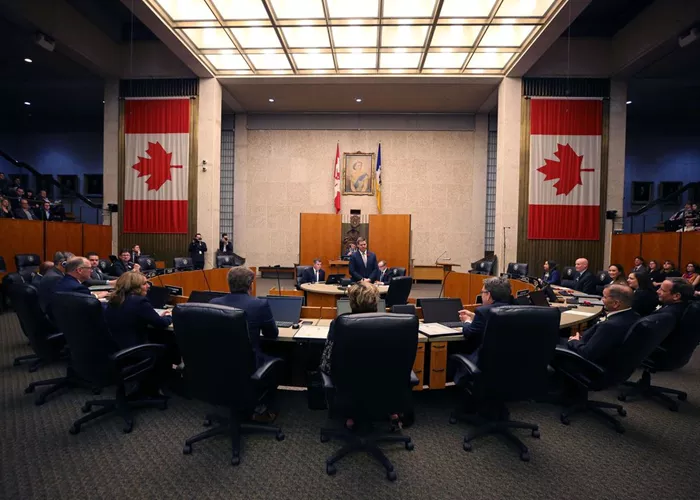January 19 has witnessed several significant events throughout Canadian history, reflecting the country’s military, political, and cultural evolution. This article will delve into notable occurrences on this date, highlighting their historical context and implications.
What Happened on January 19 in Canadian History?
The Battle of Shenkursk (1919)
One of the most significant events that took place on January 19 was during the Russian Civil War, specifically the Battle of Shenkursk. On this day in 1919, Canadian troops participated in a major offensive against Bolshevik forces in northern Russia. This involvement was part of a broader Allied mission to support anti-Bolshevik forces and protect strategic locations following the First World War.
In late 1918, as the First World War concluded, the Allies were concerned about the potential spread of Bolshevism and its implications for global stability. The Allies aimed to re-establish a front against Germany through northern Russia by supporting anti-Bolshevik factions. Canadian soldiers were among those deployed to Archangel and Murmansk, tasked with aiding these efforts.The 68th Battery, comprised mainly of Canadian artillerymen, was stationed at Shenkursk, which became a focal point of conflict as Bolshevik forces launched an offensive to reclaim territory from the Allies. The Canadians faced severe winter conditions while engaging in intense combat against overwhelming numbers.
The battle resulted in heavy casualties for both sides. Despite being outnumbered, Canadian forces demonstrated remarkable bravery and resilience. Two Canadians were killed during this engagement, but their actions earned them several military honors, including a Military Cross and multiple Distinguished Conduct Medal. This event is significant not only for its immediate military implications but also for its reflection of Canada’s evolving role on the international stage post-World War I.
The First Meeting of Winnipeg’s City Council (1874)
Another notable event on January 19 occurred in 1874 when Winnipeg’s City Council held its first meeting. This marked a pivotal moment in the city’s governance and development.
Winnipeg was incorporated as a city in 1873, following its rapid growth due to its strategic location as a trading hub. The first meeting of the City Council laid the groundwork for local governance and municipal services, addressing issues such as infrastructure, public health, and law enforcement.
The establishment of a city council allowed residents to have a voice in local affairs and contributed to Winnipeg’s identity as a burgeoning urban center. Over time, this governance structure facilitated significant developments in education, transportation, and public services that would shape the community for generations.
Dr. Roberta Bondar: First Canadian Woman in Space (1992)
On January 19, 1992, Dr. Roberta Bondar became the first Canadian woman to travel into space aboard NASA’s Space Shuttle Discovery. This achievement marked a significant milestone not only for Canada but also for women in science and technology fields.
Dr. Bondar was born on December 4, 1945, in Sault Ste. Marie, Ontario. She pursued her education at the University of Guelph and later earned her medical degree from McMaster University. Her background as a neurologist combined with her passion for space exploration made her an ideal candidate for NASA’s astronaut program.
During her eight-day mission aboard Discovery (STS-42), Dr. Bondar conducted scientific experiments related to human health in space and contributed to our understanding of how microgravity affects biological processes. Her successful mission inspired many young Canadians, particularly girls interested in science and engineering careers.
Conclusion
January 19 holds various historical significances within Canada’s narrative—from military engagements like the Battle of Shenkursk to milestones in civic governance with Winnipeg’s City Council meeting and advancements in space exploration with Dr. Roberta Bondar’s journey into space. Each event reflects broader themes of struggle, progress, and achievement that characterize Canada’s history.The events discussed illustrate how January 19 has been marked by moments that shaped Canada’s identity—militarily during global conflicts, politically through local governance initiatives, and culturally through achievements in science and exploration. These stories contribute to our understanding of Canada’s past and its ongoing journey toward progress and recognition on both national and international stages.
Related Topics:

